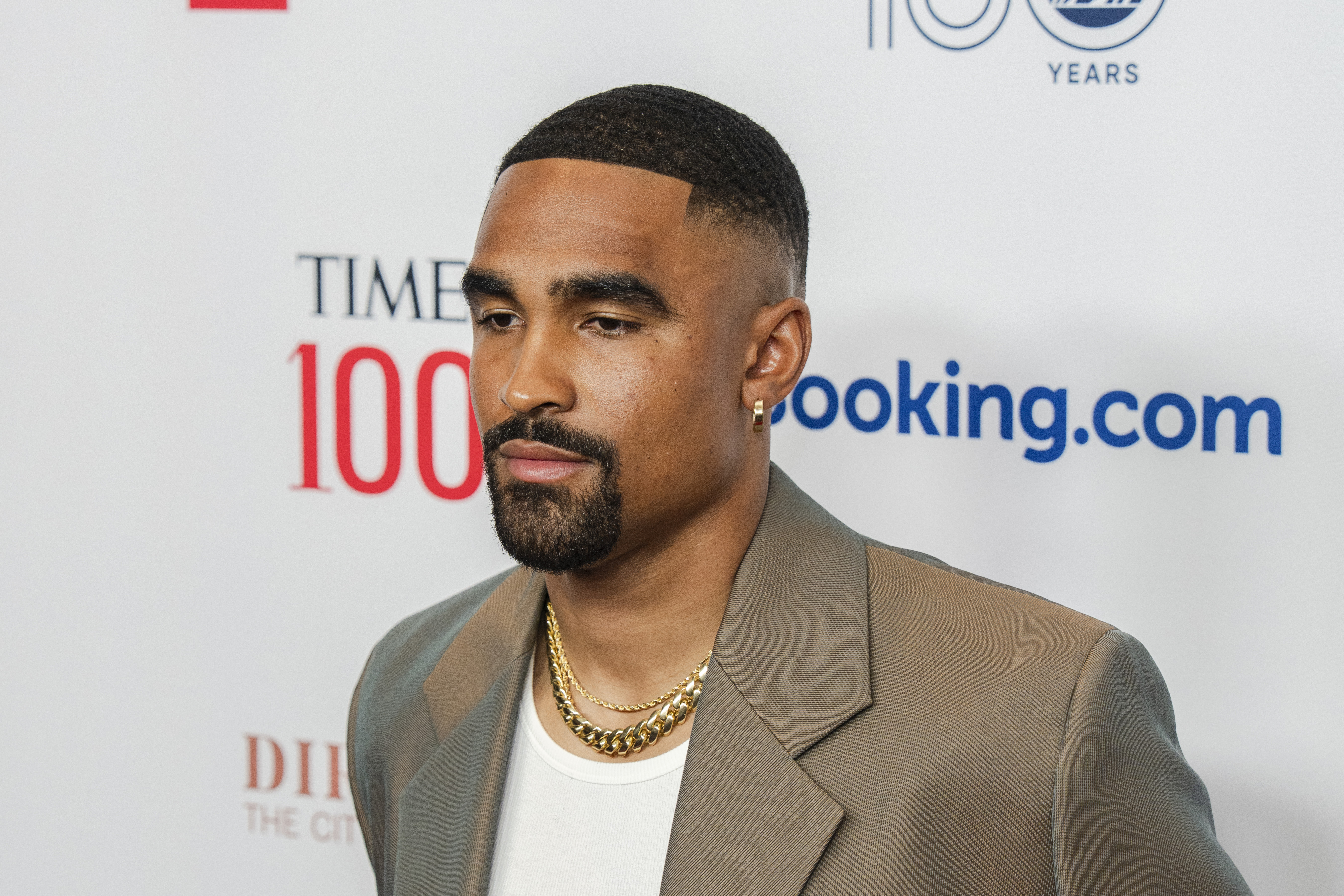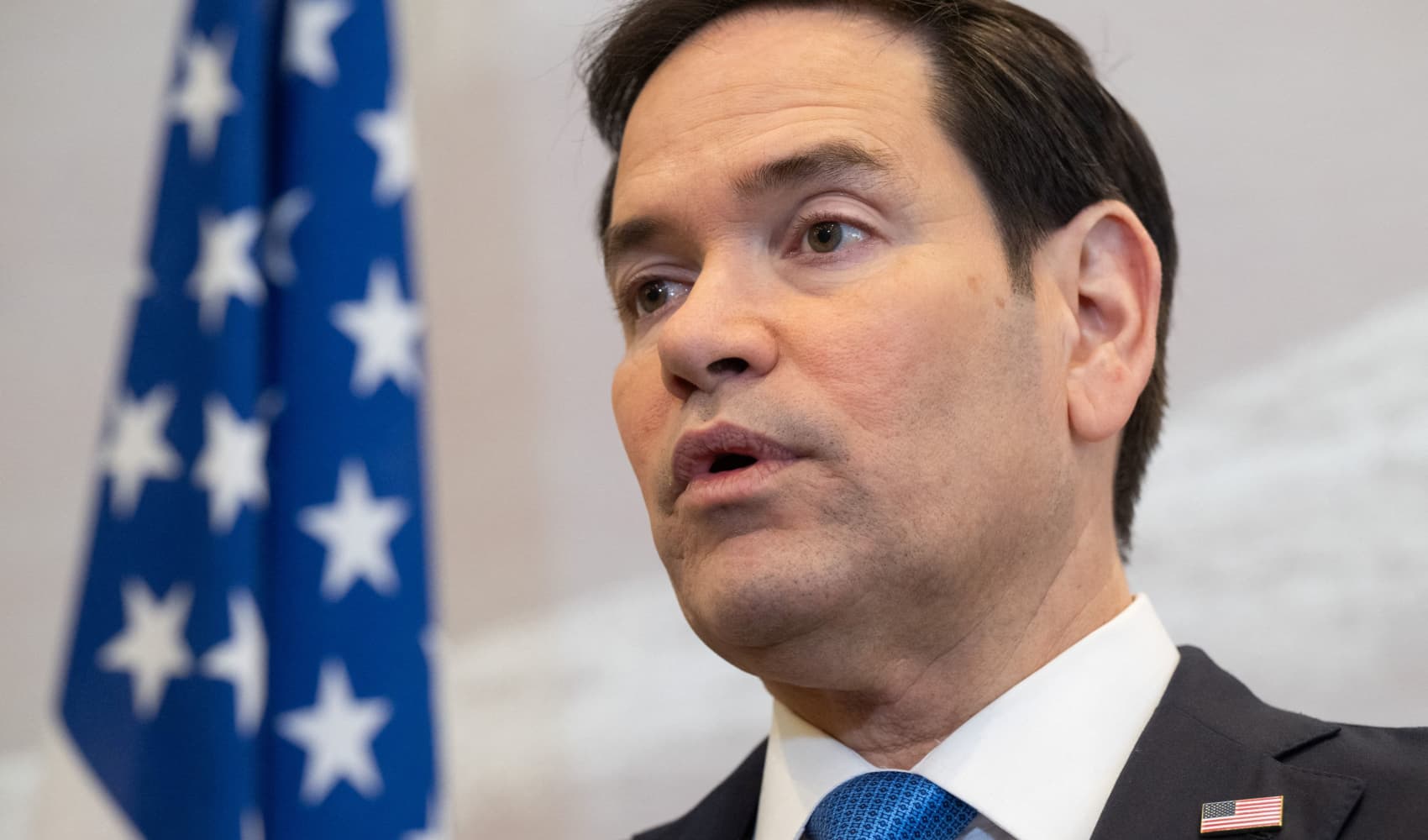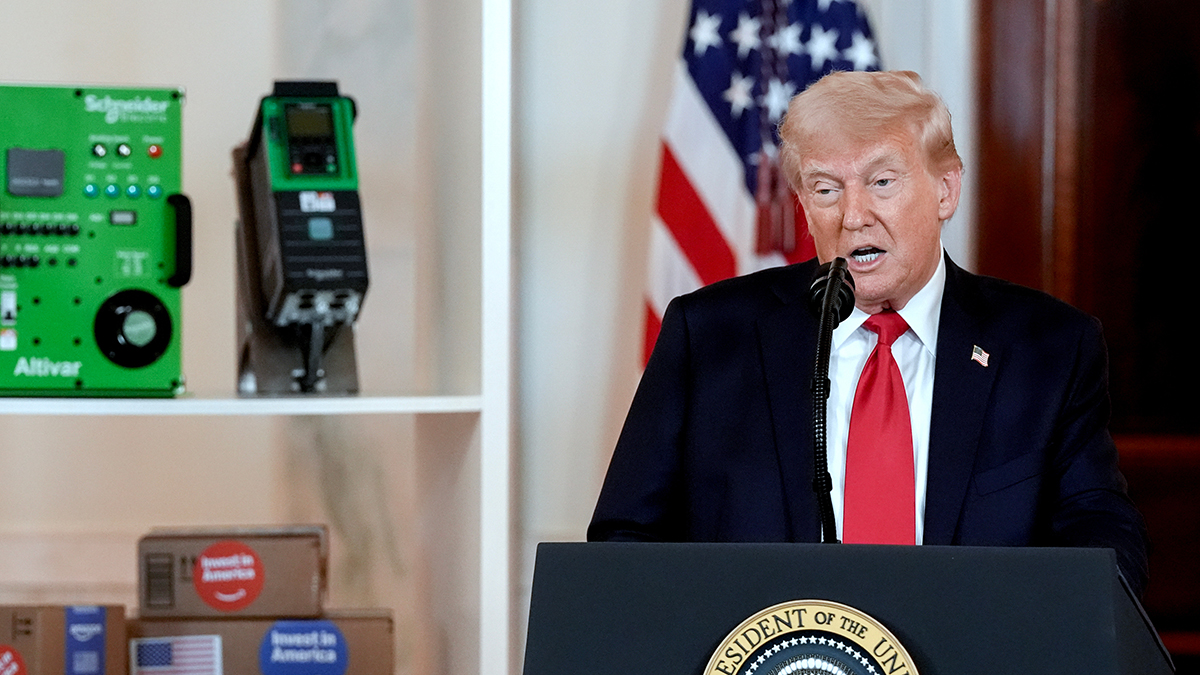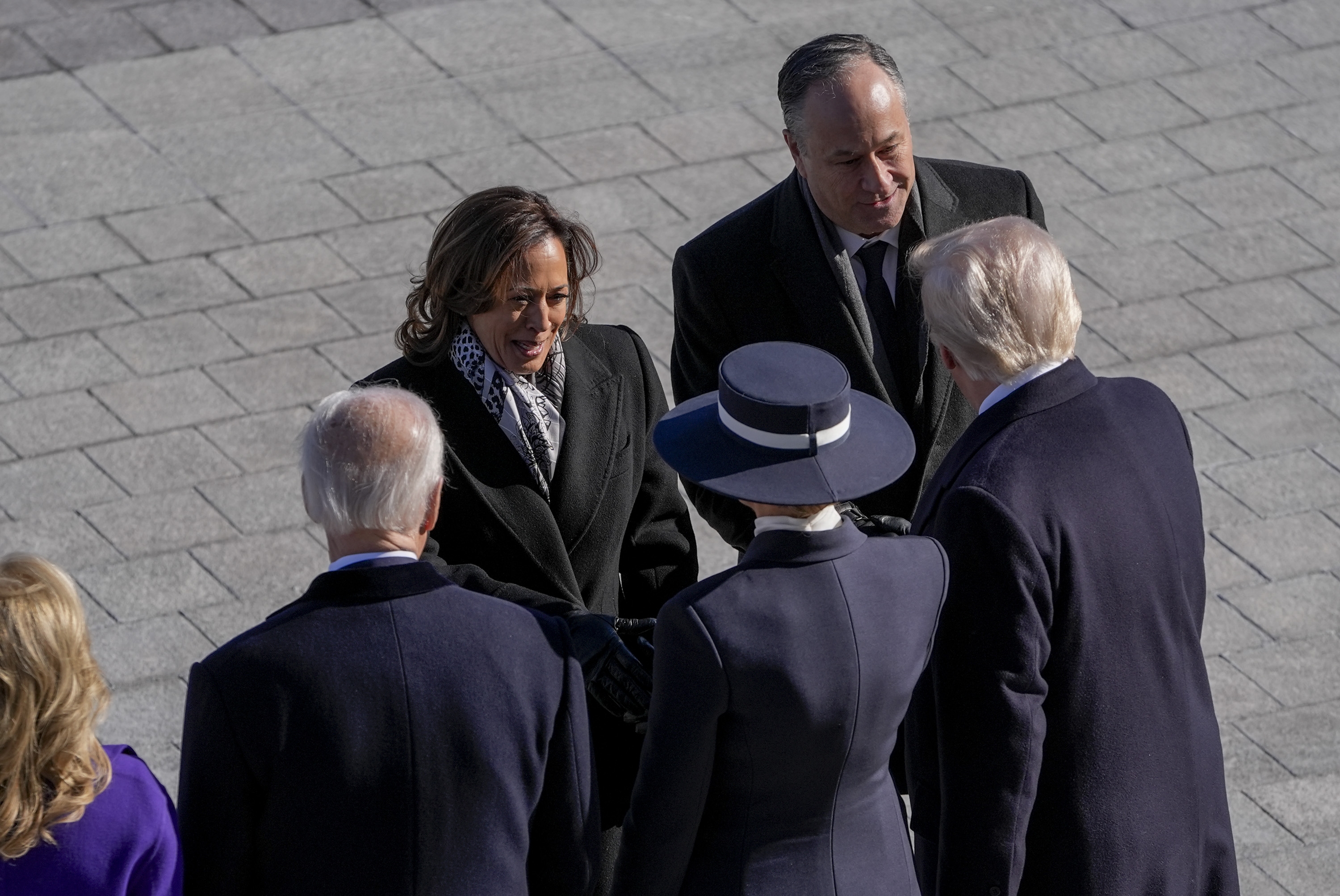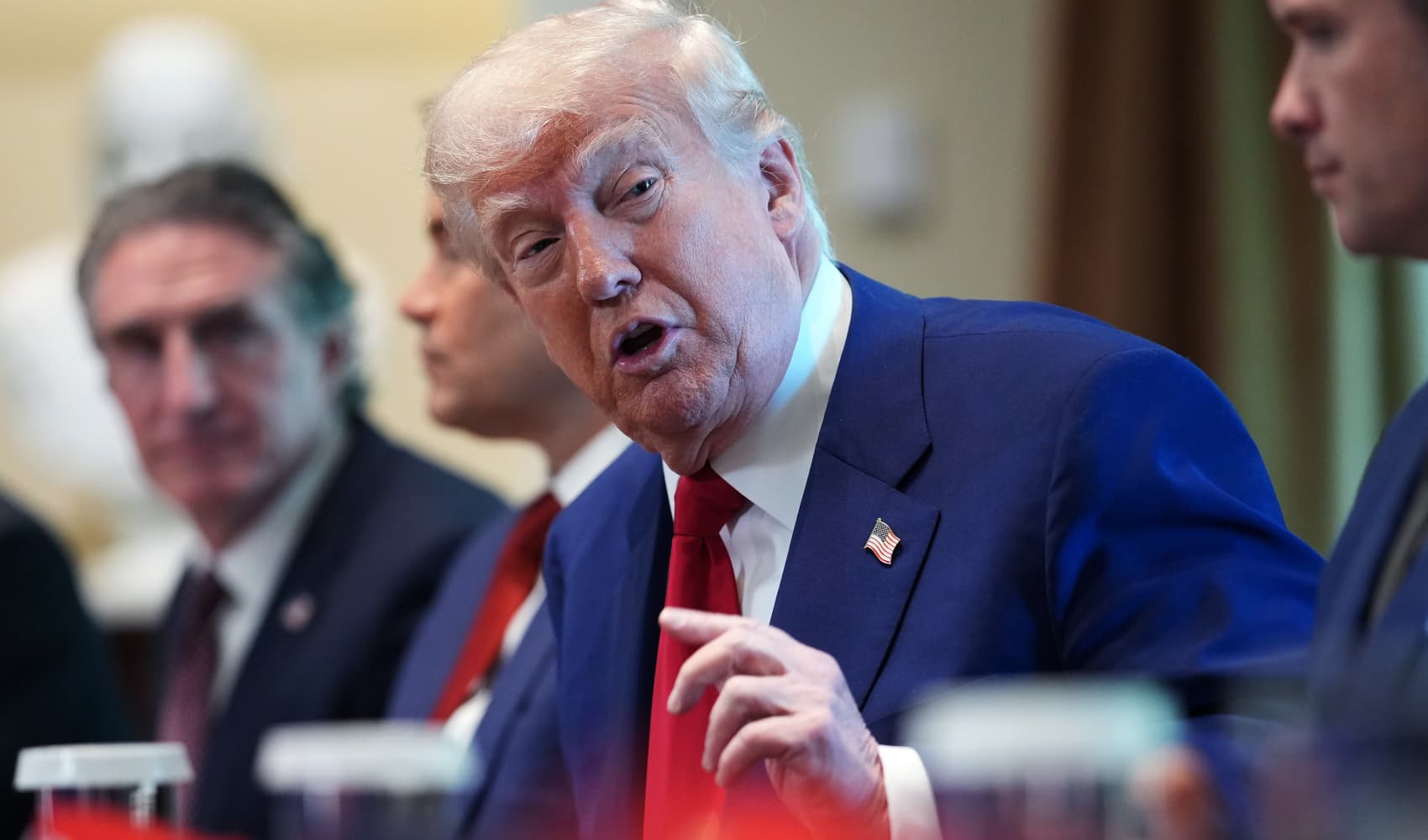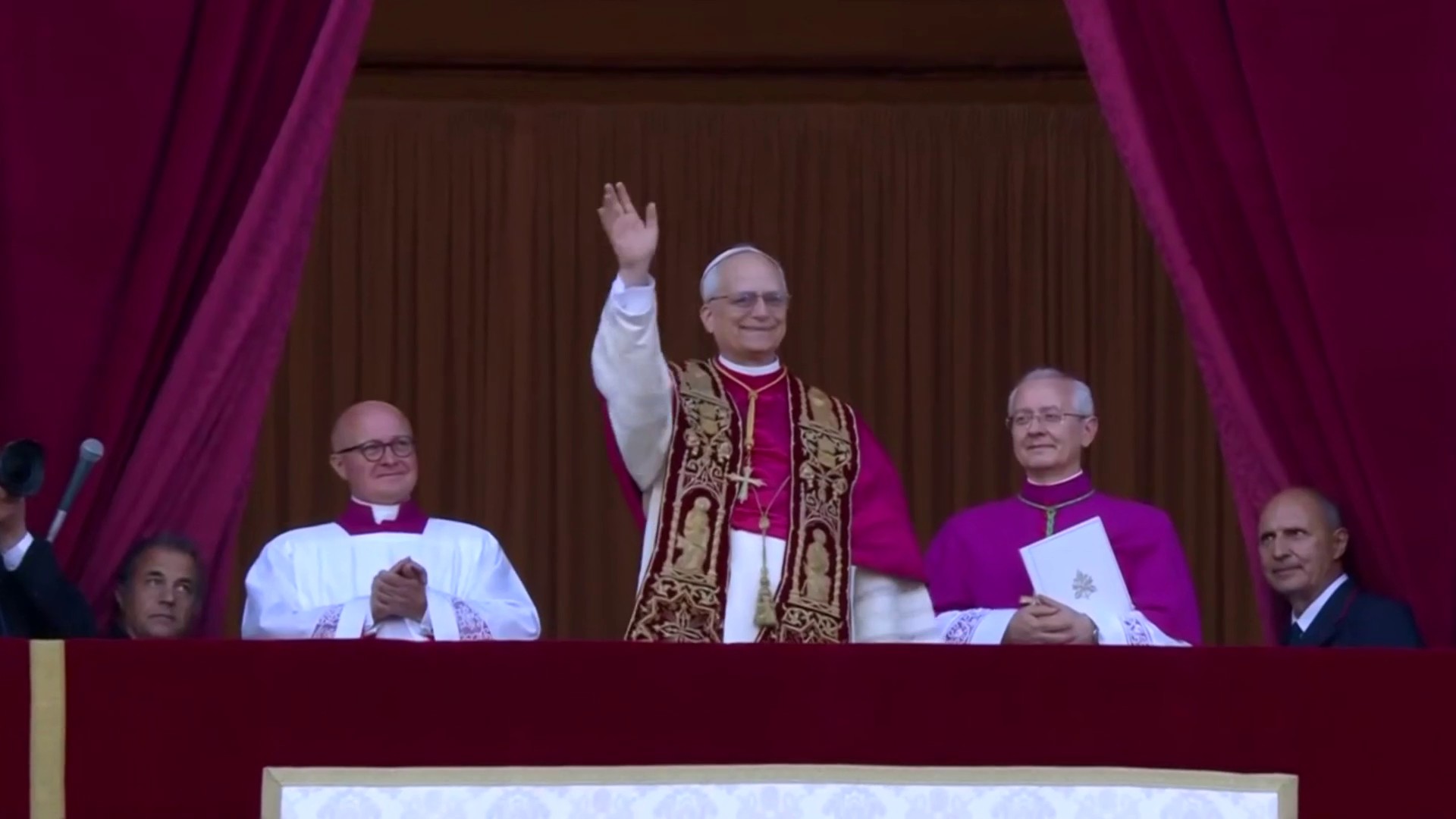Jalen Hurts' Silent White House Visit: What Does It Mean?
Jalen Hurts' White House Visit: A Sidestep or a Statement?
Introduction: The Silent Treatment Heard 'Round the League
The Philadelphia Eagles are fresh off a Super Bowl LIX victory, a testament to grit, teamwork, and, let's be honest, some serious Jalen Hurts magic. As is tradition, the team received an invitation to the White House. But here's where things get interesting. Our Super Bowl MVP, Jalen Hurts, found himself in the spotlight not for his on-field prowess, but for his… well, his silence. Was it intentional? Was it a misstep? Or was it simply a case of wanting to keep his cards close to his chest? One thing's for sure: his non-answer has sparked a league-wide conversation.
The Question That Hung in the Air
The stage was set at a Time Magazine event celebrating Hurts' inclusion in the prestigious 2025 TIME100 list. A well-deserved honor, no doubt. But amidst the accolades, a reporter bravely stepped up to ask the question on everyone's mind: "Will you be attending the Eagles’ White House visit on Monday?"
A Dramatic Pause
What followed was not a resounding "Yes!" or a firm "No." Instead, we got a simple, yet loaded, "Umm." And then… silence. Several seconds of it. Think about that for a second. In the world of rapid-fire interviews and carefully crafted sound bites, a prolonged silence can speak volumes. It's like a pregnant pause in a play, building anticipation and leaving the audience on the edge of their seats.
The Reporter's Graceful Exit
The reporter, sensing the reluctance, quickly and professionally diffused the situation. "Got it, thank you," they said, and Hurts swiftly walked away. A masterclass in dodging the spotlight, or a missed opportunity to address the nation? You decide.
The Eagles' "Enthusiastic" Acceptance
Here's the kicker: Last month, an official confirmed to NBC Philadelphia that the Eagles "enthusiastically accepted" the invitation. So, what gives? Are we seeing a disconnect between the team's official stance and their star quarterback's personal feelings? This contrast between enthusiastic acceptance and silent ambiguity raises some interesting questions.
Why This Matters: More Than Just a Photo Op
Why is a White House visit such a big deal? It's more than just a photo op and a handshake. It’s a symbol of national unity, a moment for the winning team to be recognized by the highest office in the land.
Tradition and Symbolism
The tradition of inviting championship-winning teams to the White House has deep roots. It's a way to honor their achievements and acknowledge their impact on the nation's sporting culture. But in recent years, these visits have become increasingly politicized.
The Politicization of Sports
Let's face it: sports and politics are no longer separate entities. Athletes are using their platforms to speak out on social issues, and political figures are increasingly weighing in on sports controversies. This intersection has made White House visits a potential minefield for teams and individual players.
Possible Reasons for Hurts' Hesitation
So, why the hesitation from Jalen Hurts? Let’s dive into some possible explanations.
Personal Beliefs and Values
Hurts is known for being a thoughtful and principled individual. It's possible that he has personal beliefs or values that conflict with the current administration, making a visit uncomfortable or even a compromise of his integrity. His silence might be a form of quiet protest.
Political Statements and Social Activism
Many athletes are becoming increasingly vocal on social and political issues. Perhaps Hurts is considering using his platform to make a statement, and a White House visit might not be the right venue for his message. He might feel that his presence would be misconstrued or used to further a political agenda he doesn't support.
Avoiding Controversy
Let's be real: anything Hurts does will be dissected, analyzed, and debated endlessly. Perhaps he simply wants to avoid the inevitable controversy that would come with either attending or refusing to attend the visit. Staying silent might be a calculated move to protect himself and his team from unwanted distractions.
Team Dynamics and Solidarity
It's also possible that Hurts' decision is influenced by the team's dynamics. Perhaps there are differing opinions within the Eagles organization regarding the White House visit, and Hurts is trying to respect those views and maintain team solidarity. He might be prioritizing the team over personal preferences.
The Impact on the Eagles and the NFL
Regardless of the reason, Hurts' silence has ripple effects.
Media Frenzy
The media is having a field day with this story. Every news outlet, sports blog, and social media platform is buzzing with speculation and commentary. This media frenzy can be a major distraction for the Eagles as they prepare for the upcoming season.
Fan Reactions and Division
Fans are divided. Some support Hurts' right to make his own decision, while others feel he has a responsibility to represent the team and honor the tradition of the White House visit. This division can create tension within the fanbase and negatively impact the team's morale.
Political Implications
Hurts' decision could have political implications, regardless of his intentions. If he chooses not to attend, it could be seen as a rejection of the current administration. If he does attend, it could be interpreted as an endorsement. Either way, his actions will be scrutinized and used to further political narratives.
What Happens Next?
The Eagles are scheduled to visit the White House on Monday. Will Hurts be there? Only time will tell. But one thing is certain: his silence has turned a routine photo op into a national conversation.
Looking at Historical Precedents
This isn't the first time athletes have grappled with the decision to visit the White House. Looking at past examples provides valuable context.
Colin Kaepernick and the National Anthem Protests
Colin Kaepernick's kneeling during the national anthem sparked a national debate about social justice and political protest in sports. His actions led to widespread boycotts and protests, highlighting the power of athletes to influence public discourse.
LeBron James and the Cleveland Cavaliers
After winning the NBA championship in 2016, LeBron James and the Cleveland Cavaliers visited the White House under President Obama. However, James has been critical of President Trump and has made it clear that he would not visit the White House during his administration.
The Boston Red Sox and Social Justice
In 2018, some members of the Boston Red Sox declined to visit the White House after winning the World Series, citing concerns about President Trump's policies and rhetoric. The team owner supported their decision, highlighting the evolving role of sports teams in addressing social issues.
The Importance of Athlete Activism
Athletes today are increasingly using their platforms to speak out on social and political issues. They understand that they have a powerful voice and a responsibility to use it for good. This trend is transforming the landscape of sports and society.
Beyond the Game
Athletes are no longer just entertainers. They are role models, community leaders, and agents of change. Their activism can raise awareness, inspire action, and promote social justice.
The Future of Sports
The future of sports will likely involve even greater athlete activism. As athletes become more empowered and engaged, they will continue to use their platforms to advocate for social and political change. This will make sports a more dynamic and impactful force in society.
Conclusion: A Moment of Reflection
Jalen Hurts' ambiguous response to the White House visit question has ignited a conversation that goes beyond sports. It touches on personal beliefs, political statements, team dynamics, and the evolving role of athletes in society. Whether his silence is a calculated move or a moment of reflection, it has undoubtedly captured the attention of the nation. Will he go? Won't he go? One thing's for sure: the world will be watching. And whatever his decision, it will undoubtedly be analyzed, debated, and remembered for years to come.
Frequently Asked Questions
- Why are sports teams invited to the White House after winning championships?
The tradition is to honor the team's achievement, celebrate their contribution to the sports culture, and symbolically recognize their victory on a national level.
- What are some reasons why a player might choose not to visit the White House?
Possible reasons include personal political beliefs conflicting with the administration, using the platform to make a social or political statement, or wishing to avoid potential controversy.
- How can an athlete's decision about a White House visit impact their team?
It can create division among fans, become a distraction for the team during the season, and even influence team dynamics based on differing opinions within the organization.
- Has this happened before with other athletes or teams?
Yes, numerous athletes and teams have chosen not to visit the White House for various reasons, including political disagreements, social justice concerns, and personal beliefs.
- What are the potential long-term effects of athletes becoming more politically active?
It can lead to increased awareness of social and political issues, inspire positive change, and reshape the relationship between sports, athletes, and society.
